There is nothing so useless as doing efficiently that which should not be done at all. – Peter Drucker
Say the word “fundraising” to anyone unfamiliar with the field and what’s the first thing to come to mind? You guessed it – events. Everyone seems to buy into that old Andy Hardy mantra of “let’s put on a show!” and many people view events as the be-all, end-all of fundraising.

Well, I’m here to tell you a little story. Bear with me and I’ll tell you how my experience relates to events…
It happened several years ago. I was working with a small organization as their part-time development director when I came up with the idea to sell donated goods on eBay to raise money. Their board agreed to give it a try, we publicized it in the newsletter and I began hauling donated items home in my car every week to photograph and list.
Selling on eBay is much more time-consuming than you might imagine – from researching the items, writing up the listing, designing the HTML for our page, taking countless photographs of the goods and, lastly, packaging, addressing and shipping – especially when you’re doing it all yourself. At the end of three months we had raised slightly over $8,000 for the organization – after PayPal fees – and the organization was pleased with the outcome.
I, however, was not. When I factored in the amount of time that I had lost – time that would have been better spent writing grant proposals, researching foundations or calling donors – I realized that selling on eBay was a losing proposition.
Why am I telling you this?
My story illustrates two points:
- I was blessed with a wonderful board, a board that supported my idea wholeheartedly. More boards should give their development staff the freedom to do their jobs – even at the risk of sometimes failing.
- My eBay selling experience was very similar to many smaller nonprofit organizations’ experiences with events. My friend, Jen, who works for a moderately large nonprofit in New Jersey that shall remain nameless, refers to events as “crack.” For many small organizations they are addictive, despite the often relatively low return on investment.
Oh sure, events can and do raise money. Yet it’s rare that event ROI analysis methods factor in the enormous – and I do mean enormous – amount of time devoted by staff to the planning of events.
You know exactly what I’m talking about.
As an example, I once worked as a grant writer for an organization where I was repeatedly called off task to tie goodie bags, pick up donated goods for events, hostess at golf outings – you name it. Do I need to tell you that my grant-writing efforts brought in 70% more money than the events?
Speaking of golf outings, this particular organization, with a mission serving women and children, didn’t have a single golfer on their board, yet hosted a golf event every year because – wait for it…the venue was donated!
You probably have your own event horror stories. Unless your organization already has a prominent signature event, or a committed bunch of talented volunteers willing to do the grunt work for you, events are generally a losing proposition.
I liked how Norm Olshansky, in his article “Fundraising Return on Investment” describes the purpose of events: “This may seem like blasphemy to some, but events should primarily be utilized to attract new donors, cultivate existing donors and volunteers, say thank you to your donors, volunteers and staff, or to provide community education.”
It’s been my experience that the smaller nonprofit is much better off focusing on “Benevon” style events. Benevon’s program focuses solely on growing an organization’s individual giving and a major component is the small, informal cocktail party or gathering at board members homes designed for the sole purpose of introducing friends and neighbors to your mission in an informal, engaging manner. All of these introductions come together in one major “ask” event a year. While I am not a fan of Benevon overall, I do appreciate their small event approach. These events require minimal staff involvement and result in greater long-term gain.
If events do play a major role in your fundraising strategy, how are you building those relationships with event attendees? Do you have a plan in place to turn ticket buyers into donors? By the way, I recognize how valuable events can be and I’m not advising losing events altogether — just being smarter about them.
You’ve got limited time, money and resources. And I’m all about building your donor base – and, eventually major gifts – in a systematized way. As Tony Robbins always says, “don’t focus on activity – focus on results!”
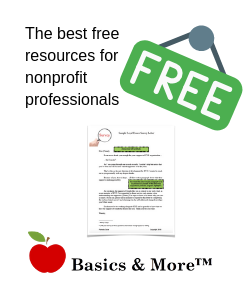
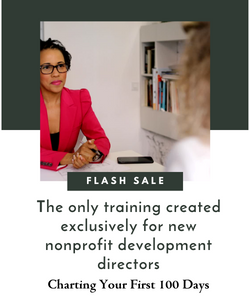
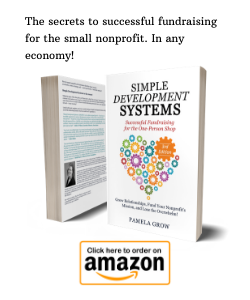
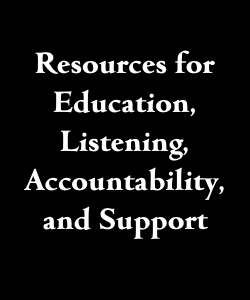
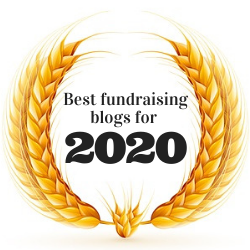
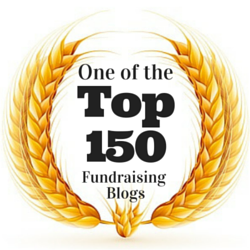
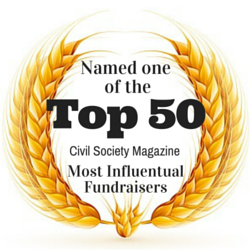
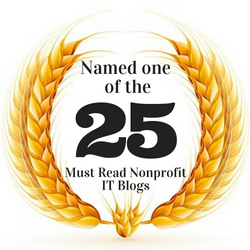
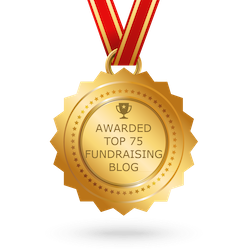
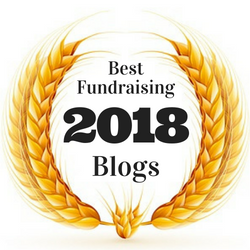
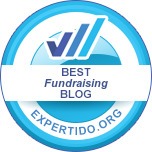
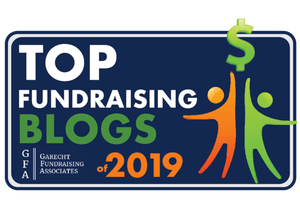
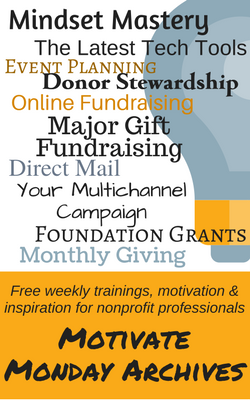

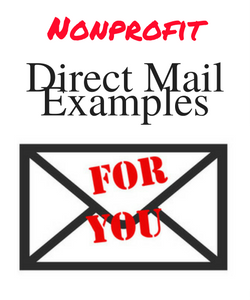
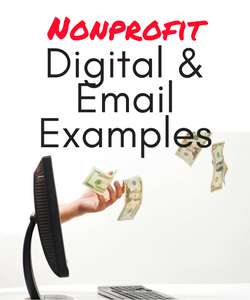

 I can’t wait to meet with you personally.
I can’t wait to meet with you personally.
Comments on this entry are closed.